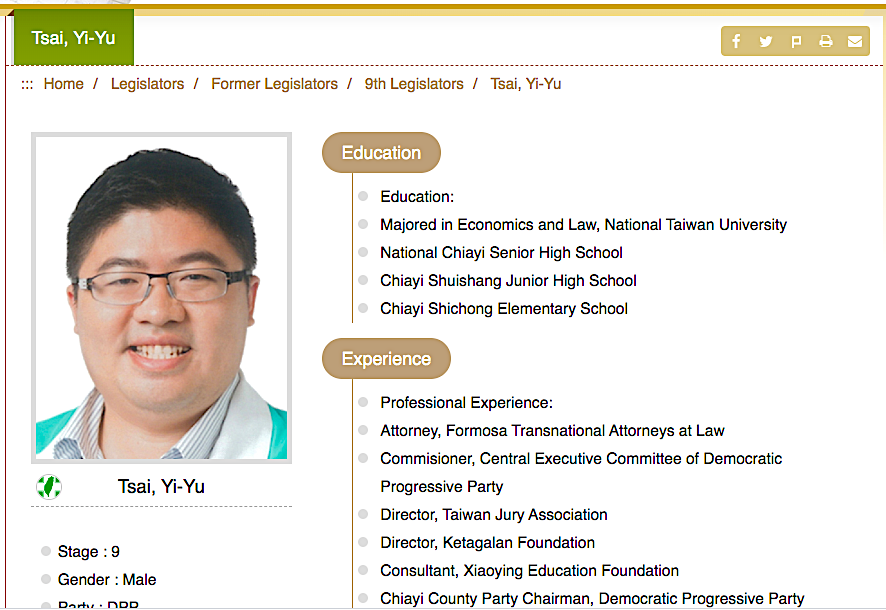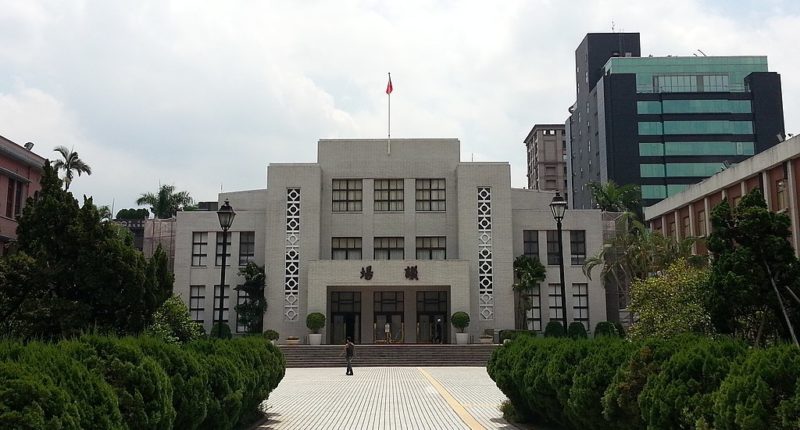Taiwan’s ruling Democratic Progressive Party (DPP) quietly withdrew the Cross-Strait Relations Bill Renewal on May 15th.
Tsai Yi-yu, the DPP legislator who launched the bill renewal, was reported to have halted the bill’s renewal in person, even though the it had been adopted on the first reading.
The purpose of the renewal was to eliminate the term “national unity” with China from the Cross-Strait Relations Bill.
Legislator Tsai hoped to replace it with “in response to national development” to prove that unity with China is no longer seen as a Taiwanese value.
The bill’s renewal had been criticized by both the main opposition party Kuomintang (KMT) and the Taiwan Affairs Office (TAO), a China-based administrative agency in charge of implementing policies and guidelines relating to Taiwan.
Following the sudden withdrawal, the legislator took to his Facebook page writing, “The bill is surely beneficial to the ROC, so I didn’t discuss (it) with president Tsai Ing-wen before I made the decision.”
Considering the current situation of Taiwan, Tsai said he had to compromise.

As the DPP caucus indicated, Tsai had not negotiated (the renewal) with the caucus and other DPP legislators before proposing the bill.
The majority leader of the Legislative Yuan Kei Chien-ming, also a DPP legislator, pointed out that the bill’s renewal grapples with sensitive and controversial issues such as national security and cross-strait relations, which will cause huge debates and should be thoroughly discussed.
The DPP also stated that this particular bill’s renewal is also related to Taiwan’s constitution, so the move might be too hasty under current circumstances.
On the other hand, KMT legislator Chen Yu-chen criticized the DPP for lying about the bill, “The DPP politicians always play politics like this. They backed down after the TAO issued the warning.”
Meanwhile, DPP legislator Chung Chia-pin said, “The constitutional amendment is a huge issue that should be effectively discussed among political parties. The president of the Legislative Yuan has promised a consultative discussion during the next session.”
Prior to the presidential inauguration tomorrow, May 20th, halting the Cross-Strait Relations Bill renewal has prompted some speculation.
Taiwan has now focussed both Taiwanese and Chinese eyes on one critical question: how will the DPP confront the exacerbating cross-strait tensions during president Tsai’s second presidential term?









